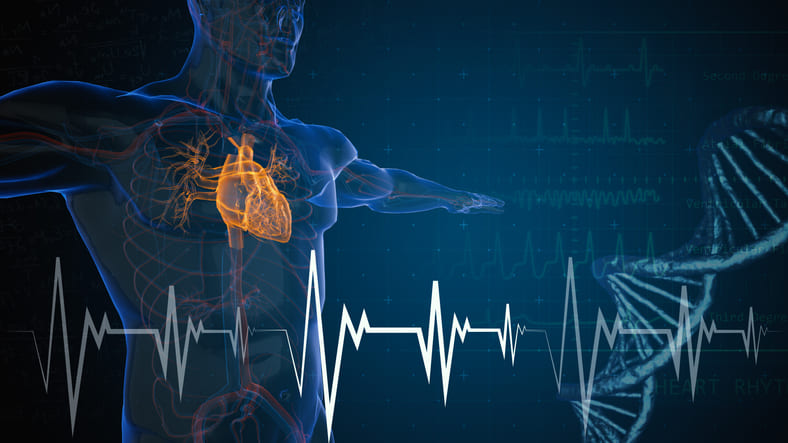Atherosclerosis (AS), a chronic arterial disease, is characterized by endothelial dysfunction, inflammatory reactions and lipid accumulation in parallel with aberrant angiogenesis and vascular smooth muscle cell (VSMC) proliferation. Adipose tissue has been suggested to have an integral influence on metabolism and endocrine secretion, while there have been increasing concerns about the possible involvement of adipokines in cardiovascular diseases, including AS. Here, we focused on chemerin, an adipokine highly expressed in adipose tissue, with strong evidence of an association with inflammation, endothelial dysfunction, metabolic disorder, aberrant angiogenesis, VSMC proliferation and calcification. In this review, we discuss chemerin and its receptors in the pathogenesis of AS. However, the existing data assign various, even contradictory, roles to chemerin in atherosclerosis, such as inhibiting vascular calcification and impairing endothelial function. Current studies focusing on its anti- and pro-atherogenic effects have pinpointed its distinct role in specific cell types and contexts in the pathogenesis of atherosclerosis. Therefore, the gaps in current knowledge regarding the specific role played by chemerin in the etiology of AS require additional future studies. It seems reasonable to suggest that targeted chemerin therapy can be developed as an innovative approach for treating AS.Copyright © 2021 Elsevier B.V. All rights reserved.
Chemerin in Atherosclerosis.


